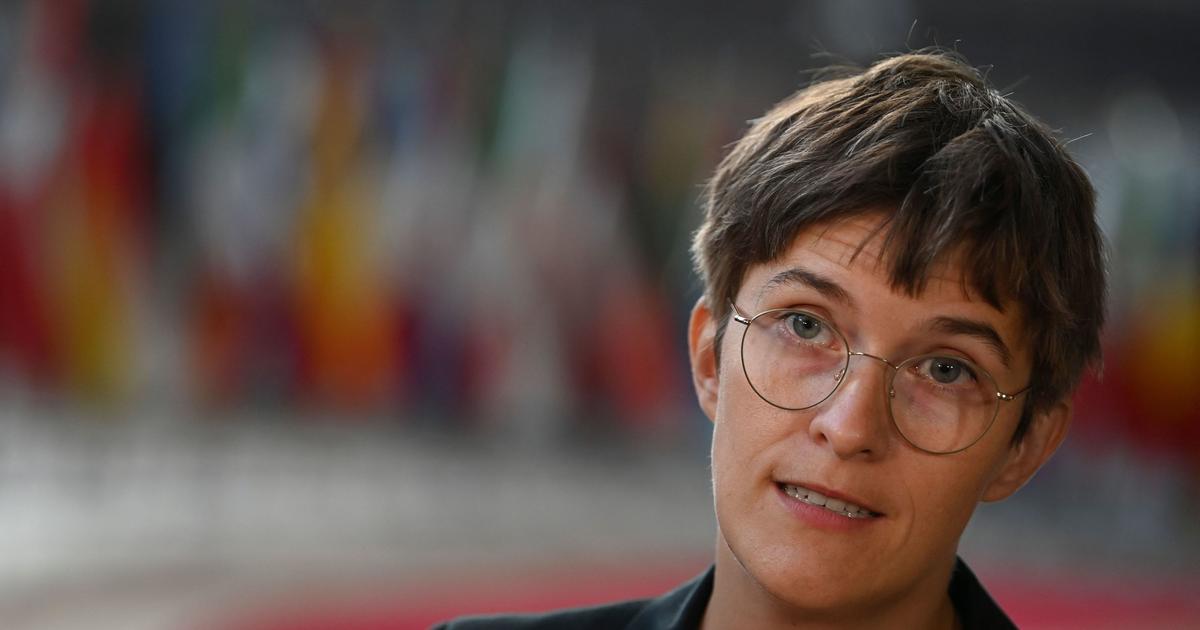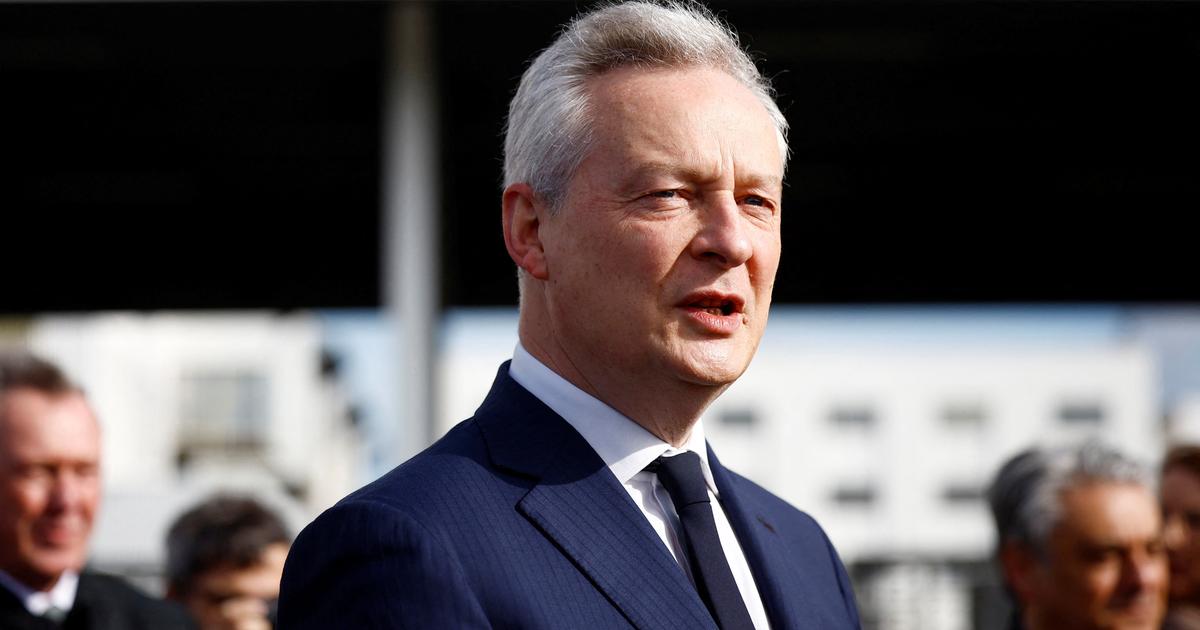The German Minister for Europe called on Tuesday 20 September for an end to the rule of unanimity in decision-making within the EU in foreign policy, but the idea arouses reservations and resistance among the Twenty- Seven.
However, unanimity is precisely required for such a change in the mode of decision-making.
"
We must achieve more decisions by qualified majority, that is to say, there should be fewer veto rights
," said Anna Lührmann, arriving at a meeting of ministers in Brussels, taking up a proposal contained in the German coalition agreement.
"Be quickly operational"
She said she was in favor of "
in particular in the field of foreign and security policy, the transition clause being used
", that is to say that the EU could go from unanimity to a majority qualified without the need for treaty change.
“
This would allow us to be quickly operational before the enlargement of the EU to other states
,” argued the German minister.
To read also "Emmanuel Macron wants to make Europe without half of the Member States and without the peoples"
The end of unanimity would, for example, prevent a Member State from blocking sanctions against a third country.
Hungarian Prime Minister Viktor Orban's opposition to a European embargo on most Russian oil has led the EU to grant him exceptional treatment.
But the decision to resort to a bridging clause on the abandonment of unanimity itself requires the unanimity of the Member States, which is far from certain.
France is open to such an idea, as are a few other countries, including Sweden and Spain.
Priority: “staying warm this winter”
"
Spain is ready to (...) approach in an open and constructive spirit a move towards a qualified majority on many issues which are currently subject to unanimity
", declared the Spanish Minister for European Affairs, Pascual Navaro.
Budapest, on the other hand, expressed its opposition.
“
The essential interests of all member states must be taken into account when we are around the negotiating table
,” commented Hungarian Minister Judit Varga.
Read also Energy crisis: is this the end of German hegemony in Europe?
For Ireland, the subject is not a priority.
"
Our priority is to ensure that our people can stay warm this winter at a reasonable cost (...) We must focus on the issues that are important to our citizens at this time
," said Irish Minister Thomas Byrne.
Austria has expressed its attachment to the principle of unanimity on sanctions and on the accession of new Member States.
"
It's the only way to clearly express the true strength of the European Union,
" judged Minister Karoline Edtstadler.









